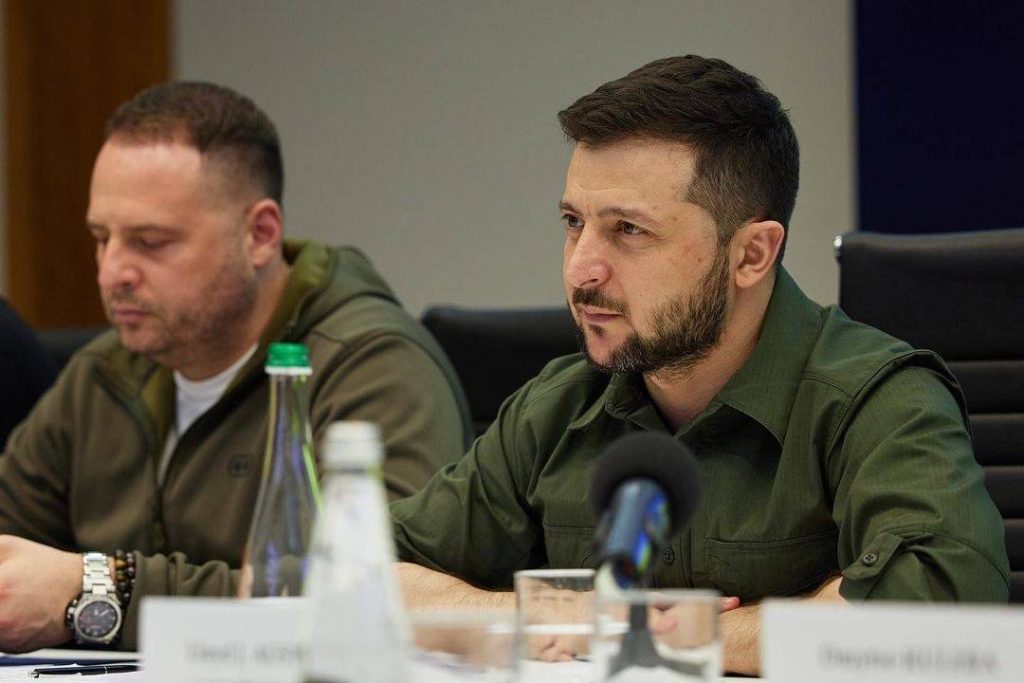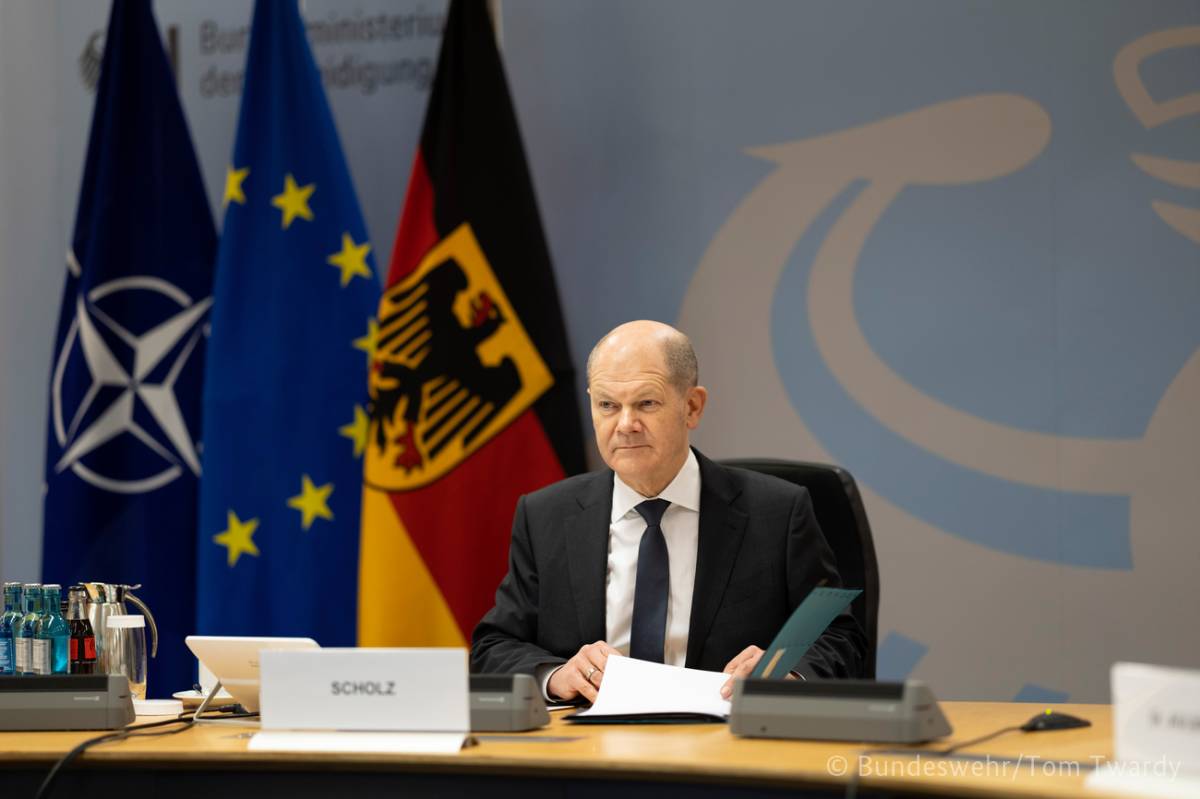Ahead of the extraordinary meeting of EU leaders at the end of May, Scholz spoke in favour of a European solidarity fund for the reconstruction of Ukraine….reports Asian Lite News
German Chancellor Olaf Scholz has said there would be no shortcuts to Ukraine’s bid to join the European Union (EU).
The European Commission is expected to complete its initial assessment of Ukraine’s EU membership application by the end of June, Scholz added on Thursday in his address to the Bundestag, the lower house of the German Parliament.
Not allowing shortcuts on the country’s road to the EU, however, is an “imperative of fairness” towards the other countries of the Western Balkans, he said.
Accession to the EU can take several years. The Western Balkan countries of Montenegro, Serbia, Albania and North Macedonia have been recognised candidate countries for between eight and 17 years, Xinhua news agency reported.

Last week, French President Emmanuel Macron also dampened Ukraine’s hopes for a quick EU accession.
“We all know perfectly well that the process which would allow them to join would in reality take several years, and most likely several decades,” he added.
Ahead of the extraordinary meeting of EU leaders at the end of May, Scholz spoke in favour of a European solidarity fund for the reconstruction of Ukraine.
“It is already clear, the reconstruction of the destroyed infrastructure, the revival of the Ukrainian economy, all this will cost billions,” he said.
The solidarity fund would be “fed by contributions from the EU and our international partners,” he added, stressing that the EU had to start preparations now to support Ukraine on “its European path”.
The German Chancellor stressed that solidarity in Europe was also required to cope with energy price increases.
“At the European level, the main concern is to ensure that there are no bottlenecks in energy supply in individual member states.”
To avoid energy shortage, Germany must become independent from fossil energy and expand the trans-European energy networks, Scholz said, praising the progress that was made together with Denmark, Belgium and the Netherlands.

Leave a Reply